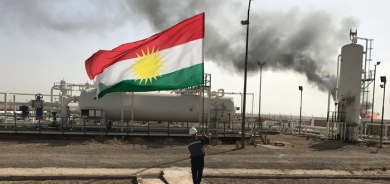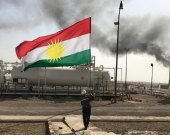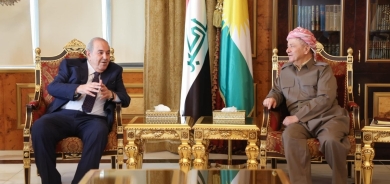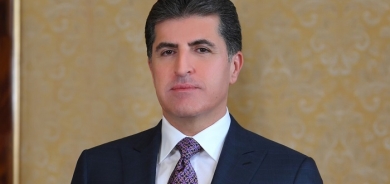United States Pressures Iraq on Kurdish Oil Exports in High-Stakes Meetings

High-level talks between United States officials and Iraqi Prime Minister Mohammed Shia’ al-Sudani are set to address the contentious issue of resuming Kurdish oil exports through the Iraq-Turkey pipeline. This follows a halt in exports since March 2023 due to a Paris-based arbitration court ruling favoring Baghdad against Ankara.
An energy expert, Robin Mills, CEO of Dubai-based Qamar Energy, anticipates significant pressure from the US to restart the pipeline during Sudani's meetings with President Joe Biden and Secretary of State Antony Blinken on Monday. Mills notes the political imperative for the US to support Kurdish interests, citing stable historical partnerships and President Biden's campaign focus on stabilizing oil prices.
Despite this pressure, Mills acknowledges substantial hurdles to immediate resolution, highlighting disagreements over production costs between oil producers and the Iraqi government. He underscores Sudani's limited autonomy in decision-making, signaling that a quick fix is unlikely.
The Iraqi oil ministry has blamed international oil companies (IOCs) in the Kurdistan Region for the pipeline's closure, citing contractual disputes. Baghdad insists that Production Sharing Contracts (PSCs) between IOCs and the Kurdistan Regional Government (KRG) violate the Iraqi constitution, demanding their amendment to service contracts before exports can resume. However, Mills contends that PSCs are not inherently unconstitutional, disputing Baghdad's interpretation.
With the pipeline closure impacting both Baghdad and Erbil's economies, Mills highlights its significance as a bargaining chip for Baghdad in negotiations with the Kurdish authorities. However, he warns of the broader economic ramifications, as Iraq heavily relies on the pipeline as a vital export route amid security threats in the Gulf.
The closure, resulting in the loss of 450,000 barrels per day in oil exports, has dealt a severe blow to the KRG's economy, leaving it reliant on Baghdad for financial support.
The outcome of Sudani's discussions with US officials remains uncertain, but the meetings underscore the geopolitical complexities surrounding Kurdish oil exports and their implications for regional stability and economic security.















